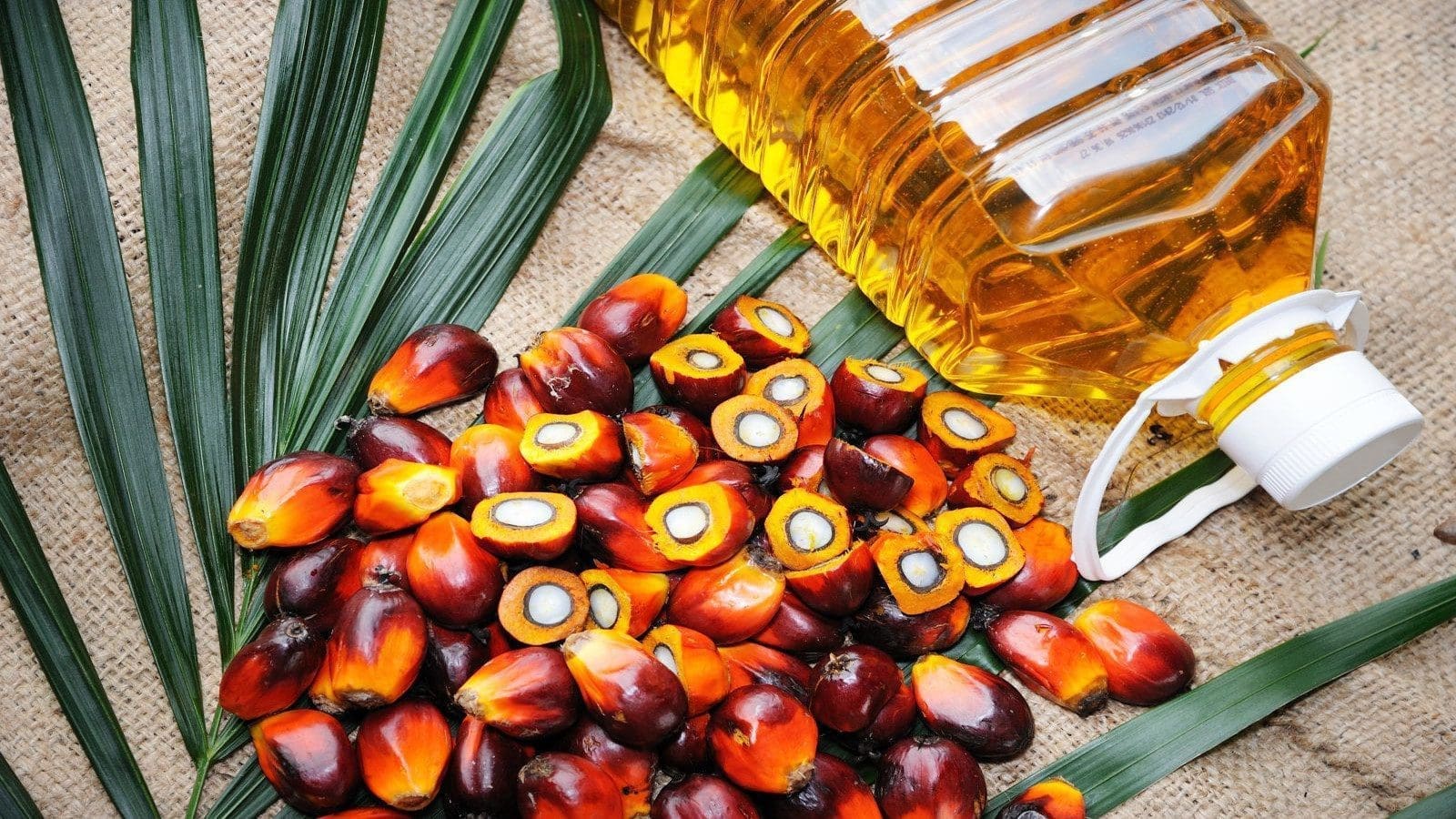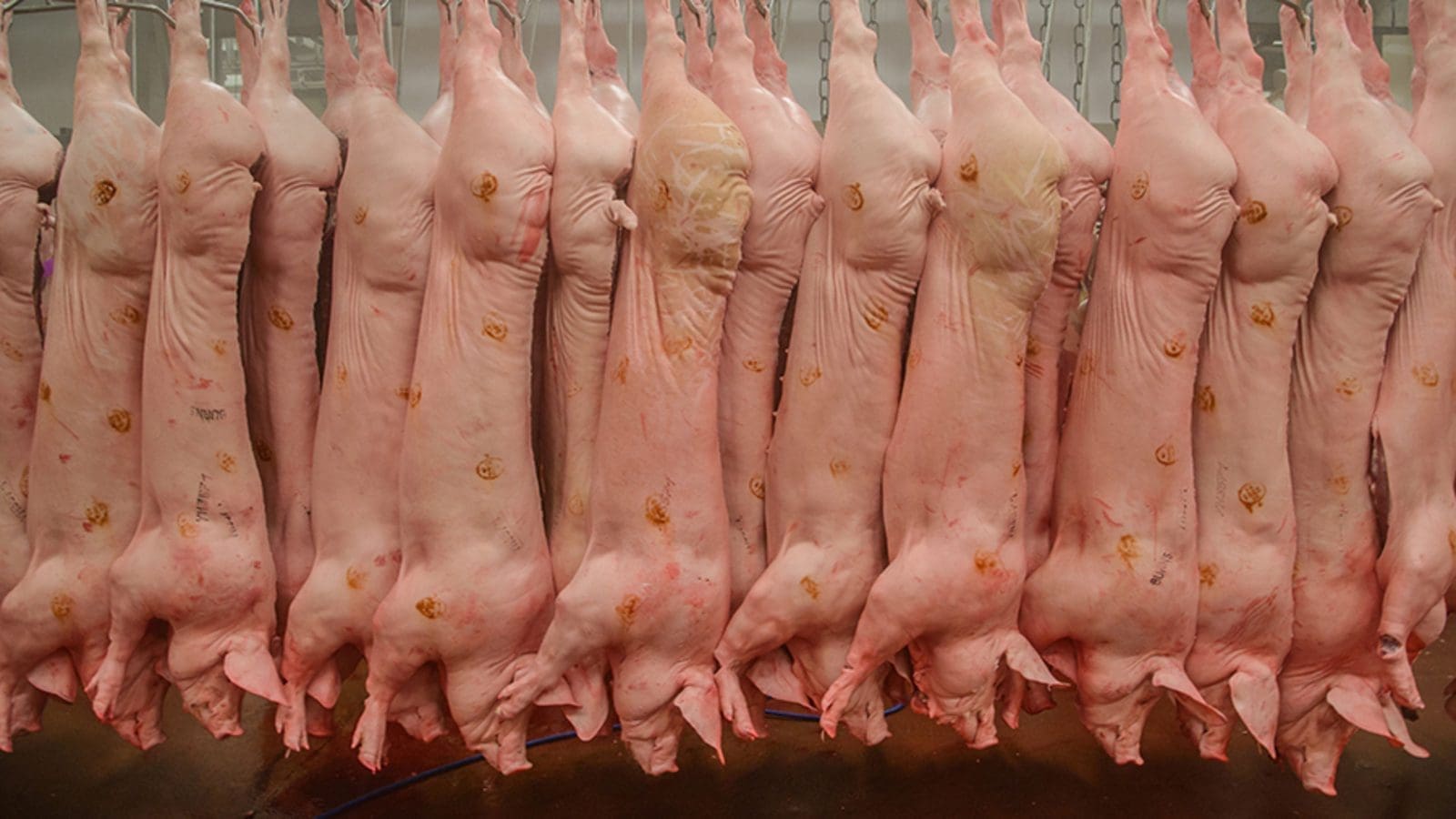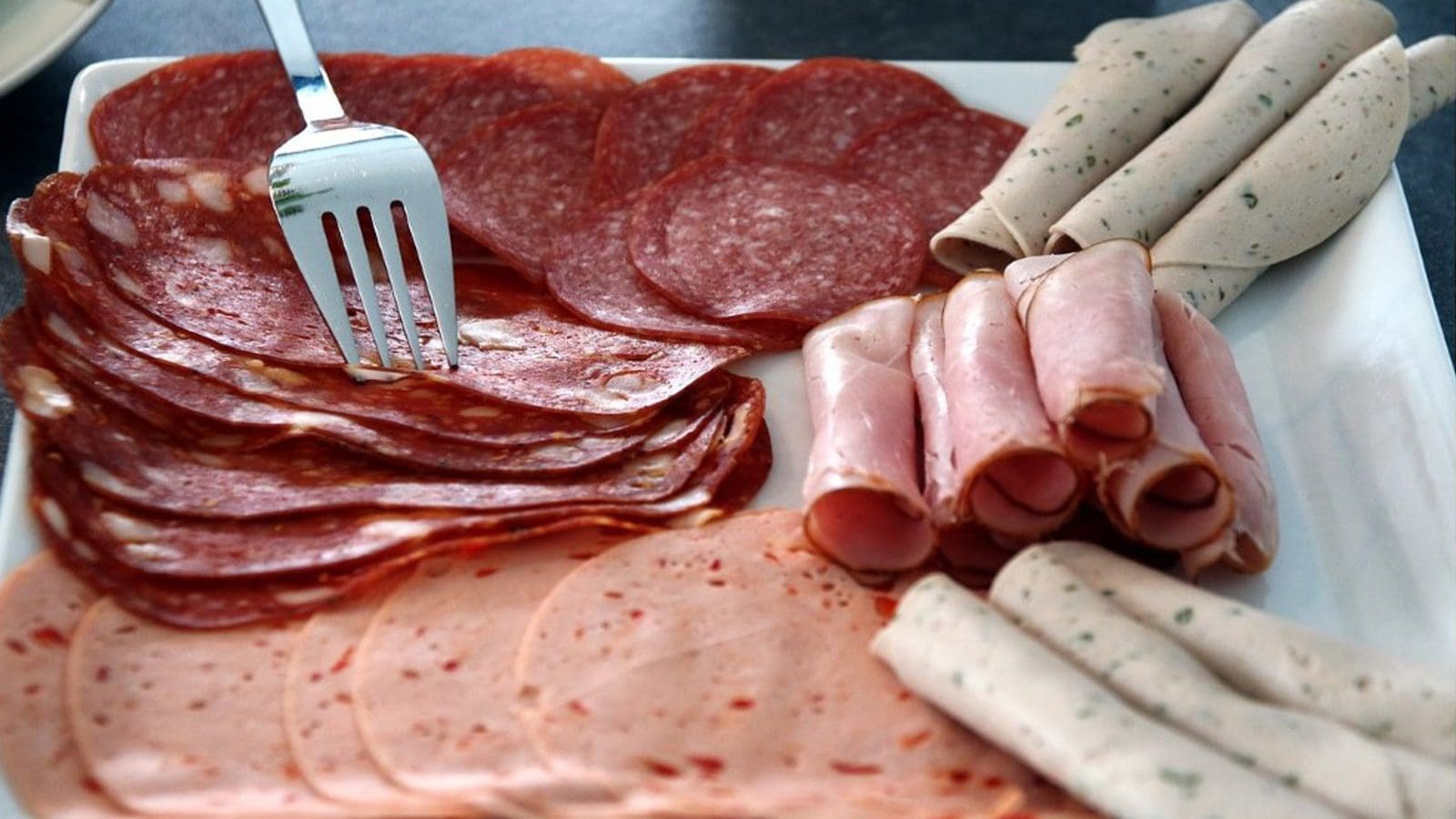GHANA – The Food and Drugs Authority (FDA) in Ghana has admonished Palm Oil Producers across the country to refrain from using the Sudan dye to mix the red oil before sending them to the market or risk facing strict regulatory sanctions that will be applied to all persons who are caught in this act.
The FDA warned that Sudan IV dye is not approved for use in food products, Sudan dyes are classified by the International Agency for Research on Cancer (IARC) as Group 3 carcinogens and are banned as food additives worldwide (IARC, 1987).
The dye is widely used during the processing of non-food products such as textiles, leather, plastics, papers, hair, mineral oils, waxes, and cosmetics.
Chief Executive of FDA, Delese Mimi Darko, announced this when she was speaking at the launching of the Artisanal Palm Oil Millers and Outgrowers Association app in Accra, a digital technology device aimed at protecting the industry, and also to ensure authentic and healthy palm oil exportation for the global market.
“The Food and Drugs Authority has the mandate to ensure the sale of safe foods on our markets and we took several initiatives to reduce the incidence of food adulteration which includes palm oil” she added.
The association has developed an app to enable consumers to track the source of palm oil and its producers before purchase and consumption to curb the menace of Sudan IV.
Addressing the Palm Oil producers, she noted that the Sudan IV dye is used as an enhancer in palm oil despite the ban by the IARC, adding that, due to consumer demand for the ‘red’ palm oil, some traders in the business have over the years adulterated the palm oil to satisfy their customers.
Palm oil is naturally reddish because of high beta-carotene content, however, depending on the variety of palm fruit and the levels of carotene, the reddish color may vary for the palm oil produced.
She said this infers that the use of Sudan dyes as food additives is dangerous, toxic, and illegal, a position which has been strongly affirmed by the US Food and Drug Administration (FDA), European Union (EU), and FDA Ghana.
The FDA boss noted that Sudan IV dye alerts from the International Food Safety Alert Systems such as RSFF and INFOSAN have been received consistently every year since 2017; this is a worrying situation as it may reduce the chances of Ghana being a potential palm oil exporter due to blacklisting by the EU.
Further, she informed that the Authority has made several efforts to improve the overall quality and safety of palm oil produced at the artisanal level in Ghana and will continue to sensitize palm oil producers on the dangers of Sudan dye, while intensifying national public awareness campaigns on this menace and its effects on consumer health.
She said the FDA will continue to sample and test palm oil from producers and retailers nationwide and safely dispose of Sudan dye contaminated palm oils.
The Chief Executive commended the Artisanal Palm Oil Millers and Outgrowers Association for taking the bold initiative of introducing digitization in this sector citing it was open for collaboration to curb this menace from the oil palm industry thereby protecting public health and safety.
The President of the Association, Paul Amaning, said the app, called the Artisanal Palm Oil, will help to sanitize the system.
“It will allow customers to order palm oil from the comfort of their homes and have it delivered to them. It will also help customers verify the source of their palm oil with the aid of a QR code,” he said.
He explained that the palm oil industry is going to adopt this digital approach to ensure players produce pure and hygienic palm oil to help Ghana meet the world market specification.
The industry is currently dominated by small-scale producers who are responsible for the production of about 60 percent of the total palm oil production in the country, which is close to about a hundred and twenty thousand metric tonnes a year.
Consequently, the FDA in alliance with Solidaridad West Africa has since 2020 trained over four thousand Oil Palm millers in Eastern, Western, Central, and Ashanti Regions; some of which have been enrolled into the Progressive Licensing Scheme.
The progressive Licensing Scheme was introduced by the Food and Drugs Authority in 2020 to regulate cottage and small-scale food businesses to improve operational practices in order to ensure compliance with National and International Standards over three years.








